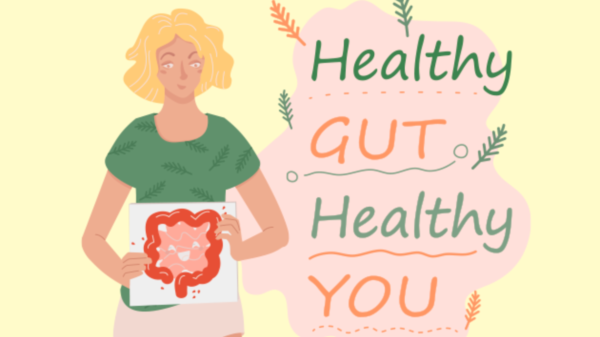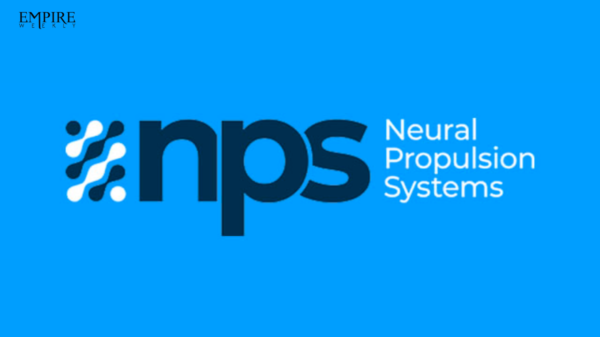“Postpartum” refers to the period following childbirth. Most mothers experience the “baby blues,” or sadness or emptiness, within a few days of giving birth. The newborn blues typically disappear in 3 to 5 days for most mothers. You may have postpartum depression if your baby blues persist or you feel depressed, hopeless, or empty for over two weeks.
Postpartum depression is a serious mental disorder that affects the brain and influences your physical health and behavior. If you suffer from depression, you may have persistently depressing, life-interfering, or empty feelings. You can feel distant from your child as if you are not the mother, or you might not feel any love or affection for the child. Sometimes, the mothers can also face anxiety disorders during pregnancy or after the child is born.
Postpartum Depression: What Causes It?
Hormonal changes could bring on postpartum depression symptoms. The female hormones progesterone and estrogen levels are at their maximum during pregnancy. Hormone levels quickly return to pre-pregnancy levels in the first 24 hours following childbirth. Researchers believe that depression may result from this abrupt decrease in hormone levels. Although considerably more intense hormone swings are involved, this is comparable to hormone changes before a woman’s menstruation.
Some other feelings can also lead to postpartum depression.
- Worn out following labor and delivery
- Exhausted from a lack of or interrupted sleep
- Being overburdened by a new baby
- Their ability to be a good mothers is questioned
- Changes in work and home habits cause stress
- A misplaced desire to be the ideal mother
- Sadness at losing their identity before having the baby is less appealing
- Having little free time

Difference Between Postpartum Depression and Baby Blues
Many women have baby blues in the days after childbirth. If you have baby blues, you may:
- Possess mood swings
- Feel depressed, worried, or overwhelmed
- Experience crying fits
- You stop eating
- Having issues sleeping
In most cases, the baby blues subside 3 to 5 days after they first appear. Postpartum depression’s symptoms are more intense and stay longer. Although it can start throughout pregnancy or up to a year after giving birth, depression typically manifests within the first month of giving birth.
How to Treat Postpartum Depression?
The most typical forms of depression treatment are:
- Therapy: You speak with a therapist, psychologist, or social worker during therapy to discover techniques to alter the way depression affects your thoughts, feelings, and behavior.
- Medicine: There are various postpartum depression medications available. Your doctor or nurse must prescribe each of these. Antidepressants are the most widely used kind. Some antidepressants can be taken while you’re breastfeeding and can help ease the symptoms of depression. It could take a few weeks for antidepressants to start functioning.
- ECT (Electro-Convulsive Therapy): In severe circumstances, this can be used to treat postpartum depression. You can use these remedies separately or in combination. If you’re pregnant or nursing, discuss the advantages and disadvantages of taking depression medication with your doctor or nurse.
People who are sad can not be aware of or disclose their postpartum depression. They can be ignorant of the symptoms and signs of depression. Care your friends or loved ones get care right away if you think they might be experiencing postpartum psychosis or depression. Don’t hold out for things to get better.
The author of the above article is solely responsible for its content, and the publication "Empire Weekly" bears no responsibility if any of the information mentioned is incorrect. None of the editors from Empire Weekly were involved in the creation of the aforementioned article.




































